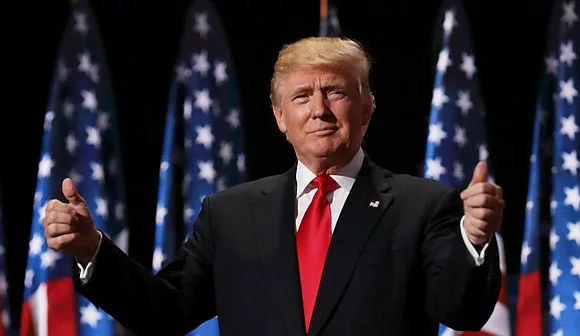Former President Donald Trump stirred controversy once again on Monday, promising to pardon rioters involved in the 2020 attack on the US Capitol if he is reelected.
In a bold move, Trump referred to the rioters as “hostages” and pledged their release as one of his first actions in office.
The assault on the Capitol, which took place on January 6, 2021, saw a mob of Trump’s supporters storming the iconic building, inspired and fueled by the former president’s claims of election fraud in the last US presidential election.
Since then, over 1,300 suspects have been charged in connection with the riot, with approximately 500 already serving prison sentences, according to recent data from the Justice Department.
Trump’s pledge to release the rioters was posted on his Truth social media platform, where he also promised to enact stringent border controls with Mexico, albeit without providing specifics.
“My first acts as your next President will be to Close the Border, DRILL, BABY, DRILL, and Free the January 6 Hostages being wrongfully imprisoned!” Trump declared in a late-night post on Monday.
This isn’t the first time Trump has advocated for the release of those involved in the Capitol riots. Earlier this year, he urged President Joe Biden to “release the J6 hostages” during a campaign rally in Iowa.
Despite facing multiple legal challenges himself, including federal indictments and charges in Georgia related to his efforts to overturn the last election results, Trump remains a dominant figure within the Republican Party. With his main rival, Nikki Haley, exiting the presidential race following Trump’s overwhelming victories in the primaries, he is now virtually assured of securing the Republicans’ nomination.
Trump’s unwavering support among the Republican base appeared undiminished by his legal troubles, with the former president asserting that his popularity has only been bolstered by these challenges. As the 2024 election looms closer, Trump’s controversial promises continue to ignite debate and division within the US political landscape.











